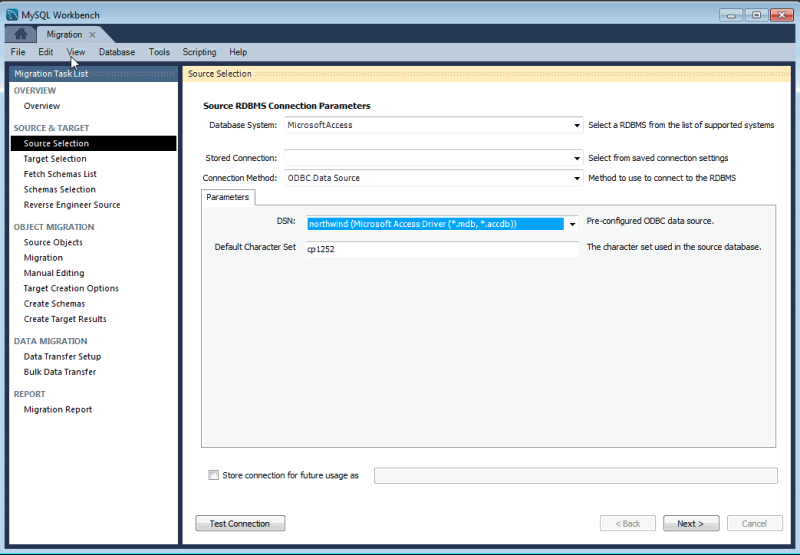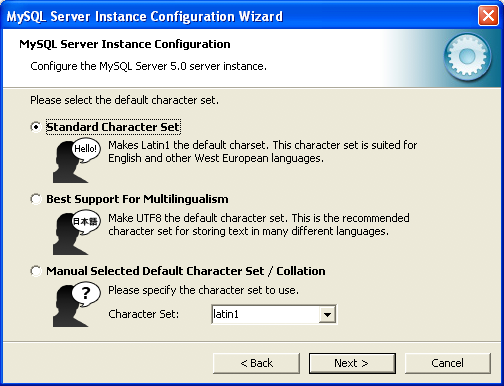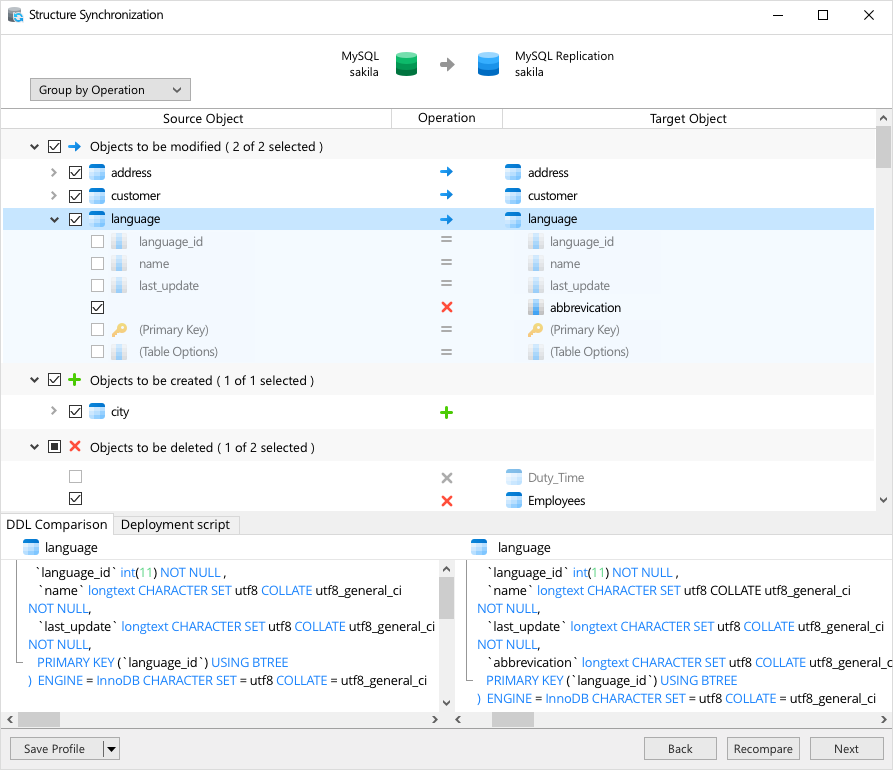

- #Mysql character encoding list how to#
- #Mysql character encoding list driver#
- #Mysql character encoding list code#
This doesn't now seem possible, even though the ASCII standard ought to support these characters.Unicode/UTF-8-character table UTF-8 encoding table and Unicode characters page with code points U+0000 to U+00FF We need your support - If you like us - feel free to share.Īlso display deprecated Unicode 1. I was hoping that if nothing else I could brute force the characters into a basic ASCII encoding by parsing the string for the known sequences. PHP tells me that the encoding of the strings I am passing it are variously SJIS, ASCII and UTF-8, although trying to covert between these formats has so far been unsuccessful.Īm I missing something obvious? Character encoding is not my forté )Īs a further note, I have been playing around with the ASCII representations of the strings, and found that many scandinavian characters report their value as 195 when ord($char) is called on them. When we exported the database from my webserver and imported it into the database server, characters like apostrophe and en-dash got very weird. It usually does this by pairing a unique number with each character. The reason I’m bringing up character encoding is that if you have a character encoding mismatch in your database, weird characters show up on your blog.
#Mysql character encoding list how to#
If the character set is from an ISO standard, its cs alias is the ISO standard number or name. Finally, A Character encoding tells the computer how to transform raw binary 0s and 1s into real characters like a, C, G, H, etc.

The database is using latin1 as its charset, so this ought to be fine. The 'cs' stands for character set and is provided for applications that need a lower case first letter but want to use mixed case thereafter that cannot contain any special characters, such as underbar ('') and dash ('-'). I am trying to pin down where this misinterpretation is happening, and have narrowed the problem to either the database or the mysql_x functions in PHP. I have so far managed to determine that the characters (ÅØÆåøæ for the most part) are being interpreted as à followed by some other special character by PHP. Meanwhile, the source data, which looks correct through the terminal is causing problems. The data which I have scraped from files is extracted, escaped and written to file perfectly, even though viewing the data through a terminal shows spaces where scandinavian characters should be. The problem arises when I attempt to create XML documents representing the sum total of the metadata for a particular record. As part of the process I am working on I am also scraping metadata from referenced files and inserting them into another table, leaving me with two separate tables from which I will collate data.

#Mysql character encoding list driver#
View encoding View database encoding show variables like . It looks like maybe the ISO8859-1 character encoding that the driver maps MySQLs 'latin1' to doesnt include the Euro sign (although it most certainly contains the accented characters that were listed earlier in the thread, and in. For the next range (from 128 to 2047), we need 11 bits since 211 2,048, which is 2 bytes in UTF-8, with some permanent bits to. Therefore, we can store everything in 1 byte of 8 bits, and we still have one free. I have been provided with a source data set containing scandinavian metadata. Character encoding problem in MySQL When writing back-end services to insert data into mysql, errors are always reported due to character coding. For example, to encode any character in the original ASCII table (from 0 to 127 in decimals), we only need 7 bits since 27 128. I am working with PHP/MySQL and am having a problem with scandinavian characters if anyone has any suggestions that would be great.


 0 kommentar(er)
0 kommentar(er)
